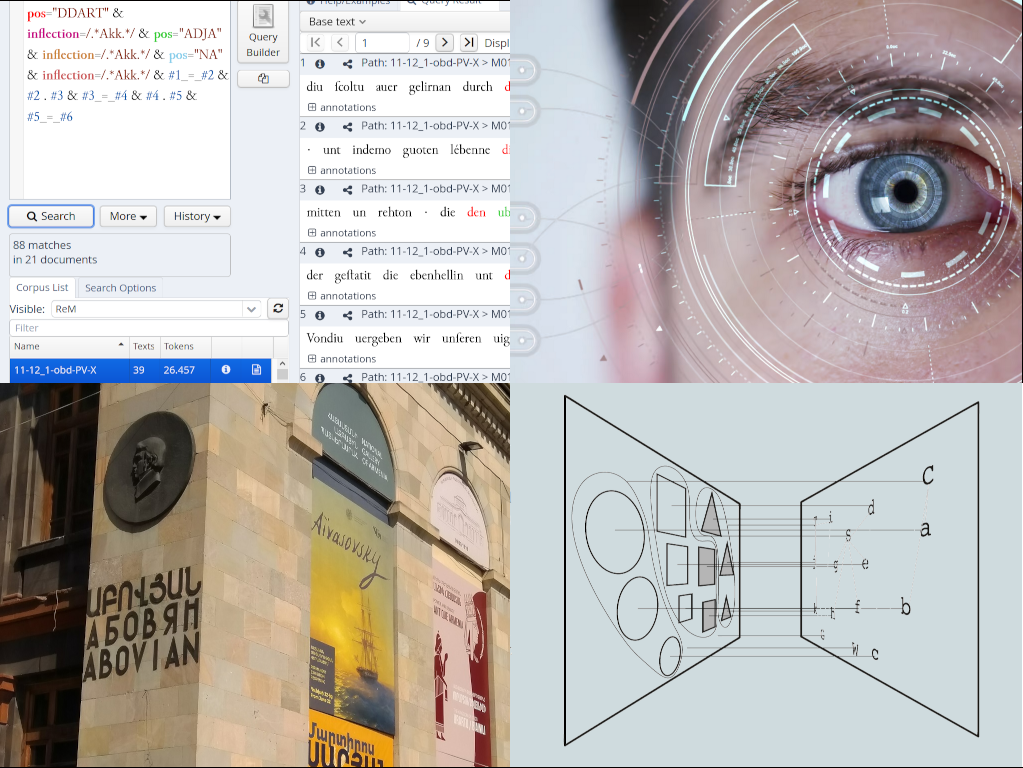Dottorati di ricerca - 40° Ciclo
Dottorato in Linguistica (Verona e Bolzano)

Ammissione al Corso
Requisiti per l’ammissione :
Al Dottorato di Ricerca si accede mediante concorso per titoli ed esami partecipando a un apposito Bando pubblico che a partire dal 40° ciclo sarà gestito dall'Università di Bolzano.
Potranno presentare domanda, senza limitazioni di età e cittadinanza, coloro che:
- hanno studiato in Italia e sono in possesso di laurea magistrale, laurea specialistica o laurea del vecchio ordinamento (pre D.M. 509/1999)
- hanno studiato all’estero e sono in possesso di un titolo di studio universitario equivalente alle predette lauree (Master of Science/Art) che, nel Paese dove hanno compiuto gli studi universitari, dà accesso al dottorato.
Non danno accesso al dottorato i titoli professionalizzanti (come ad es: Master in Business Administration - MBA, Bachelor of Medicine and Bachelor of Surgery - MBBS, ecc.).
Potranno presentare domanda per partecipare agli esami di ammissione anche coloro che conseguiranno il titolo di studio richiesto per l’accesso al dottorato entro e non oltre la data di iscrizione al dottorato
Criteri di valutazione per l'ammissione :
L’esame di ammissione consiste in una procedura selettiva tesa ad accertare la preparazione e le attitudini alla ricerca scientifica e volta ad assicurare un’idonea valutazione comparativa dei candidati.
Le modalità di selezione e i criteri di valutazione delle prove di ammissione sono indicati nel Bando di concorso.
Le procedure di ammissione e le posizioni sono bandite dall'Università di Bolzano.
Piano didattico
Scopri tutte le attività formative che dovrai affrontare durante il percorso di studio durante l'anno accademico 2023/2024.